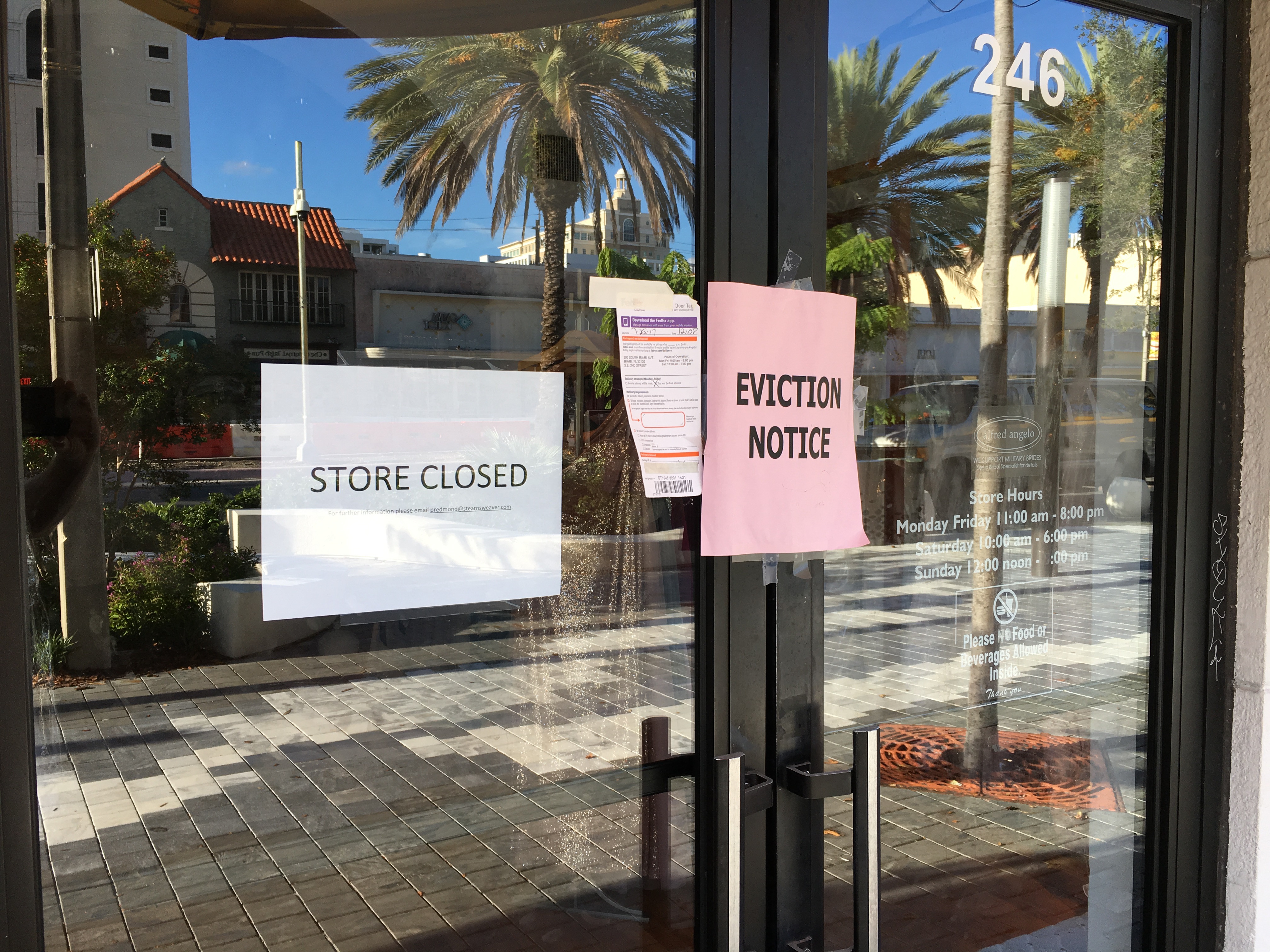Have a story idea
Have a story idea? Send it to us here.

Source : Flickr
August 14, 2020
Author : Alex Bustillos
As the rental crisis worsens and the coronavirus rages -- and federal unemployment checks phased out -- renting workers and small business landlords are both finding themselves without income or federal relief.
Twenty-five million Americans have stopped receiving unemployment checks for $600 a week from the federal government as of August 1. This means even fewer people will be able to pay their rent. At the same time, “most of the statewide eviction moratoriums are winding down,” reports CNBC. Eviction proceedings have resumed in more than 30 states, according to the news organization.
According to the global advisory firm Stout Risius Ross, 40 percent of renters are at risk of eviction due to unemployment, largely driven by the coronavirus pandemic. The eviction crisis is also hitting communities of color harder; just a bit more than a quarter of African-American tenants can say with high confidence that they will be able to keep paying their rent, according to the firm’s analysis.
But as renters have increasingly struggled to make payments, small business landlords have been forced to continue operating without income or federal relief. According to Fox News, “the Small Business Administration based eligibility [for the Payment Protection Program] on standards that have been adopted for most other 7(a) programs, which typically exclude passive businesses such as those owned by developers and landlords.”
Meanwhile, even businesses that have received PPP loans have to use 60 percent of it on payroll in order for it to be completely refundable, leaving just 40 percent left for rent and inventory, for example.
Now, story after story is appearing in local media showing just how badly small business landlords are struggling.
The local ABC affiliate in Seattle, KOMO News, spoke to one landlord who became homeless as his tenants were unable to make rent. The outlet cites the National Apartment Association’s figure that only nine percent of rent turns to profit for the average landlord while the rest goes to “mortgage, repairs, property taxes, insurance” and other expenses.
Another Seattle-area landlord had to take a second job in order to make ends meet because her tenant was no longer able to pay.
"Landlords are the only group of people that have been told that you need to provide this service but you have to waive compensation," KOMO News reports.
In another article featuring interviews with several small business landlords, the Atlantic Journal-Constitution reports that “Trepp LLC, a New York-based provider of mortgage data, forecast the default rate on commercial mortgages could soon rise to 6.5% from its current 0.5% rate.”
“It’s not that landlords are losing patience, but that they’re losing flexibility,” Robert Fransen, president of Coro Realty, commercial property company in metro Atlanta, told the outlet. “Lenders are telling landlords, ‘You haven’t paid my principal in 90 days, we’ve got to get on with this.’”
While small business landlords are being squeezed, large real estate companies have been able to exploit a loophole in the Payment Protection Program by applying for loans through related businesses, like a management or construction company.
According to a report from the Wall Street Journal, “because most real-estate firms are private, tracking the number of aid recipients or the total amount of funds the industry has received is next to impossible, say real-estate attorneys and accountants. But they are aware of at least dozens of property companies that have received in aggregate tens of millions of dollars or more” through the loophole.
Category : Coronavirus Pandemic Economic Stimulus Market Watch
